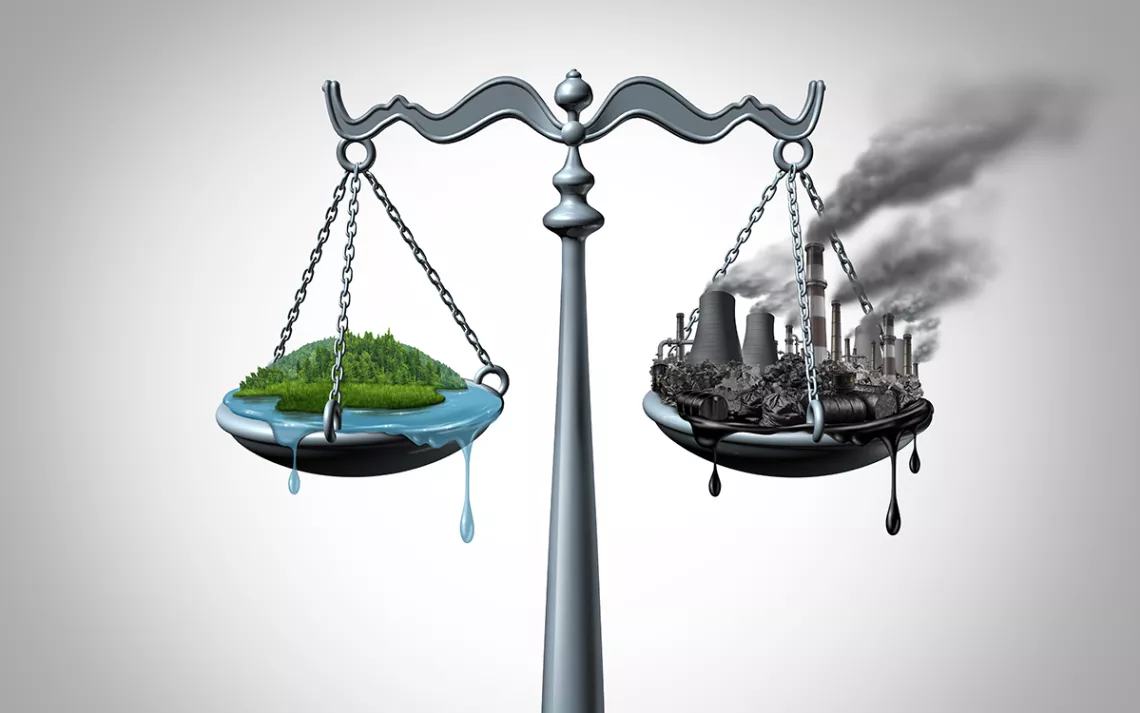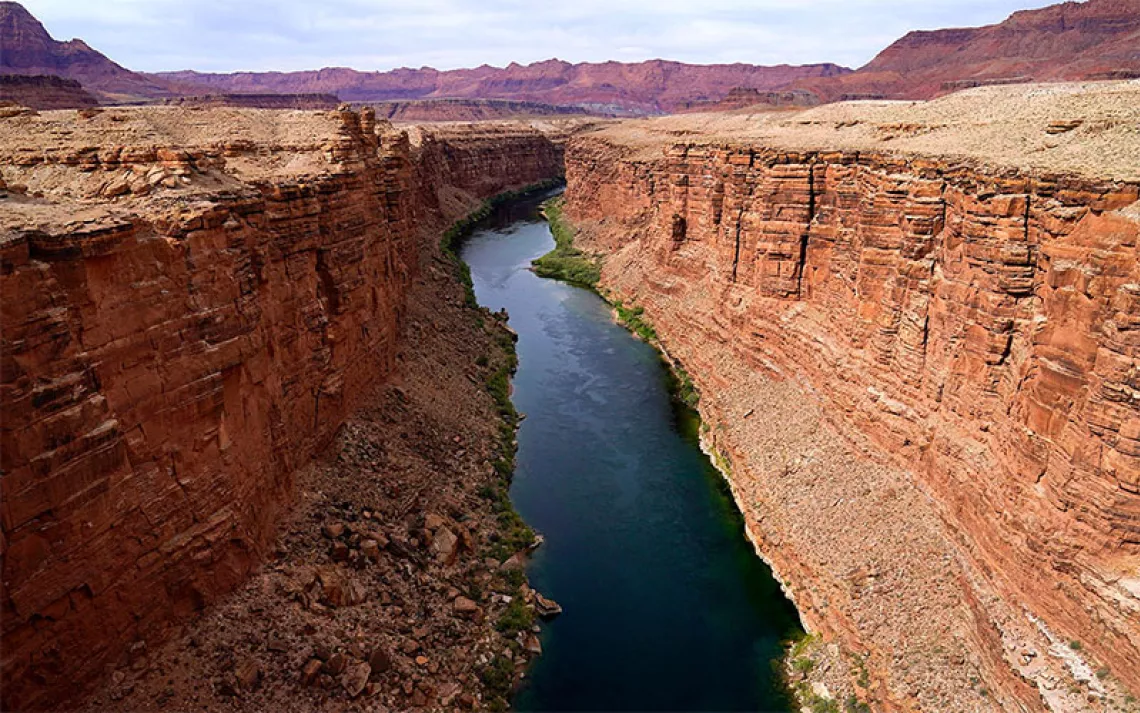Supreme Court Delivers a Victory to Big Oil
Narrow ruling allows the carbon barons to keep running down the clock

Image by wildpixel/iStock
The Supreme Court this week handed the world’s largest fossil fuel companies a victory in one of the landmark cases seeking to recover the costs of climate-change-related damages. But while the court gave the oil giants a procedural win in the case of BP v. Baltimore, the justices refused to fall for the oil giants’ gambit to have the case tossed out or transferred to federal courts, and in doing so, kept alive the various legal efforts to hold the carbon barons accountable for their role in fueling the climate crisis.
The Baltimore case is one of about 20 lawsuits brought by cities, counties, and states across the country that are arguing that companies such as BP, Shell, Chevron, and ExxonMobil have played a unique role in sparking climate chaos. Like the other lawsuits, the Baltimore complaint alleges that the fossil fuel corporations for years deceived the public about the threat of climate change and demands that those companies help pay the costs of the city’s climate adaptation efforts. BP’s appeal in the Baltimore case mostly dodged those larger issues of climate change accountability and instead focused on a highly technical procedural question: What topics should federal appeals courts consider when deciding whether to remove a case from state courts to federal district courts?
In a 7-to-1 decision authored by Justice Neil Gorsuch, the justices sent the case back to the Court of Appeals for the Fourth Circuit to hear the case again and to consider a broader suite of arguments when it does so. Yet even as the oil companies scored a procedural win, Gorsuch’s decision made clear that the Supreme Court was not making a judgment on the merits of the case, nor would it summarily move the case to federal courts, as the oil companies have wished. All the local government lawsuits have been filed in state courts, which are generally considered a more favorable venue for their claims. The oil company defendants want the cases moved to federal courts, though they’ve largely failed in that effort.
“While this isn’t the outcome we wanted, we are fully confident that the City will prevail again when the remaining issues are considered by the Court of Appeals,” Sara Gross, a staff attorney for the City of Baltimore, said in a statement after the ruling was released. “As US District Judge Derrick Watson recently noted in the Honolulu and Maui cases, the defendants have ‘a batting average of .000’ in trying to remove cases like this to federal court.”
Justice Samuel Alito recused himself from hearing the case, as he owns stock in some of the fossil fuel companies involved in the litigation. Climate activists had called for Justice Amy Coney Barrett to also recuse herself, since her father worked for Royal Dutch Shell for nearly 30 years. She refused to do so, though her presence on the bench didn’t sway the outcome of the 7-to-1 decision.
In her lone dissent, Justice Sonia Sotomayor argued that the fossil fuel companies were basically resorting to procedural gimmicks to transfer the case to a friendlier venue. She described the oil giants’ arguments as “strained” and “near-frivolous.” And she suggested that the high court was, in effect, letting the corporate defendants get away with their long-standing strategy of deflection and delay to avoid any judgment of their actions.
“Baltimore, which has already waited three years to begin litigation on the merits, is consigned to waiting once more,” Sotomayor wrote.
 The Magazine of The Sierra Club
The Magazine of The Sierra Club



